Marga Gomez Promises a ‘Spanking’ Good Time
The irrepressible Marga Gomez is headed back to the DMV, and she's bringing her 'Spanking Machine' with her.

Marga Gomez, the pioneering lesbian performer, playwright, and comic, is in the midst of what she’s dubbed her “Spanking Machine summer,” touring her latest solo show, a biting “coming-out-of-age” story about Gomez and her gay, Catholic school classmate Scotty growing up in ’60s-era Washington Heights.
“I didn’t expect to be writing this story,” Gomez says, recalling the origins of Spanking Machine, named after a dreaded disciplinary device favored by one of the Catholic school’s stricter nuns. And then, in the winter of 2018, she got an email from Scotty.
“I mean, that’s kind of how it starts,” she says. “I get this email from an AOL account. I think I’m being hacked. And it turns out to be this person that I had been looking for, for decades online. This kid who I had this beautiful memory of, we were partners-in-crime in Catholic school.”
Their eventual reunion, which Gomez says “seemed like fun,” turned bittersweet. As depicted in the play, “some things are revealed that were not fun,” says Gomez.
“Ways of how we dealt with being Latinx, and how we dealt with the world that we lived in, and how we dealt with being queer. I mean, one of the great things about our queer network of support and mentors and thinkers, is that our youth doesn’t have to go through this again. But we didn’t have that. So we just kind of figured it out in clumsy ways.”
Back then, Marga and Scotty expressed themselves through mischief. “We were really into doing pranks,” she recalls with a devilish twinkle in her eye. “I think that you really have to look out for kids in Catholic school, because they’re so twisted and clever and they spend, what, like six hours a day being abused by Catholicism and sometimes the practitioners. Once they get out of that school in their uniforms — I mean, it’s a uniform of crime and misdemeanors waiting to happen.”
All joking aside, Gomez believes “there was a lot of internalized homophobia and racism that I think is reflected a little bit in the ways we grew up, because we thought we were wrong. And now I know I’m not.”
That perspective informed Spanking Machine, Gomez’s 13th solo play, running this month as part of 1st Stage’s Logan Festival of Solo Performance. The GLAAD media award-winner, known since the ’90s for her incisive, outspoken standup comedy, seems to have truly found her voice in her solo plays.
“I love standup comedy,” she says. “I love the form. But it’s very distilled and there aren’t really stories as much. I mean, some standups do storytelling, but I think what’s in fashion now is just these little math problems that you solve, that you misdirect, that you do. They’re very, very technical. Whereas, with a solo play, it’s like a painting, it’s just putting all your heart and soul, and slicing a vein for the audience.”
And, while audiences go to a standup show to laugh, Gomez feels “they go to a solo…play to find something that they’ll connect to, to take a journey.”
Yet, both forms are powerful channels for Gomez’s lifeblood: humor. “The way I work and the way I’ve lived is to find a way to move through life and through difficult situations by using humor. I think for queer people, for BIPOC people, for marginalized people, we have always had a very strong connection with humor — because it’s free and we need it.”
Marginalized people also need community. We all do, according to Gomez, especially these days. Since resuming touring post-pandemic, she’s felt something different from audiences. “Everyone is just so excited to be in this communal experience. You can’t duplicate it. Netflix can’t duplicate it,” she says.
“To be in a room and to see a performance and to be with other people who are experiencing that, it’s ancient, and it’s medicine, and it’s spiritual. And when there are people who have experienced what we experience as queer BIPOC people, it’s necessary.
“It’s really important to come out of isolation and be in the room. If it means you wear a mask, the connection is still there. So I’m just very grateful for it, and I’m happy to be part of it. I don’t take any of it for granted.”
Spanking Machine runs August 3 to 7, at 1st Stage, 1524 Spring Hill Road, in Tysons, Va. Tickets are $20, with discounts available for students, educators, and military personnel. Call 703-854-1856, or visit www.1stStage.org.
The Logan Festival of Solo Performance runs July 28 to August 7 at 1st Stage. To see the full schedule, visit www.1stStage.org/logan-festival-22.
Support Metro Weekly’s Journalism
These are challenging times for news organizations. And yet it’s crucial we stay active and provide vital resources and information to both our local readers and the world. So won’t you please take a moment and consider supporting Metro Weekly with a membership? For as little as $5 a month, you can help ensure Metro Weekly magazine and MetroWeekly.com remain free, viable resources as we provide the best, most diverse, culturally-resonant LGBTQ coverage in both the D.C. region and around the world. Memberships come with exclusive perks and discounts, your own personal digital delivery of each week’s magazine (and an archive), access to our Member's Lounge when it launches this fall, and exclusive members-only items like Metro Weekly Membership Mugs and Tote Bags! Check out all our membership levels here and please join us today!





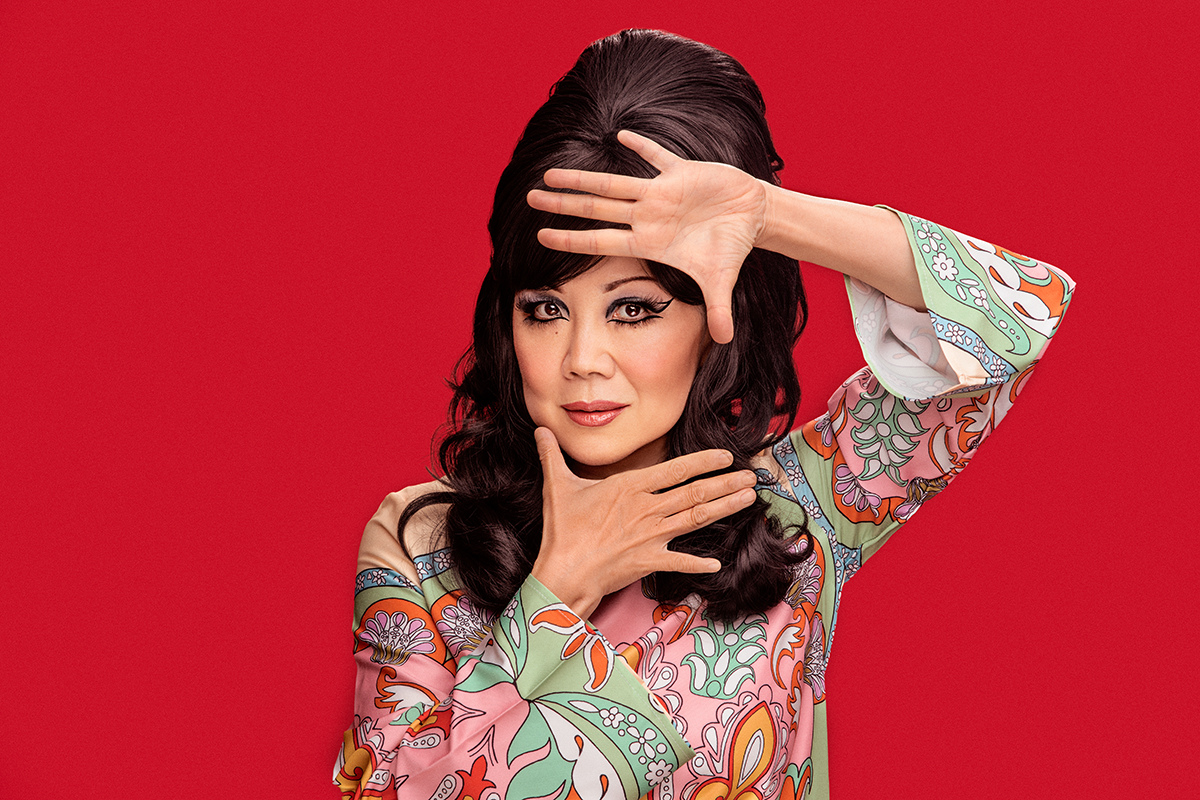
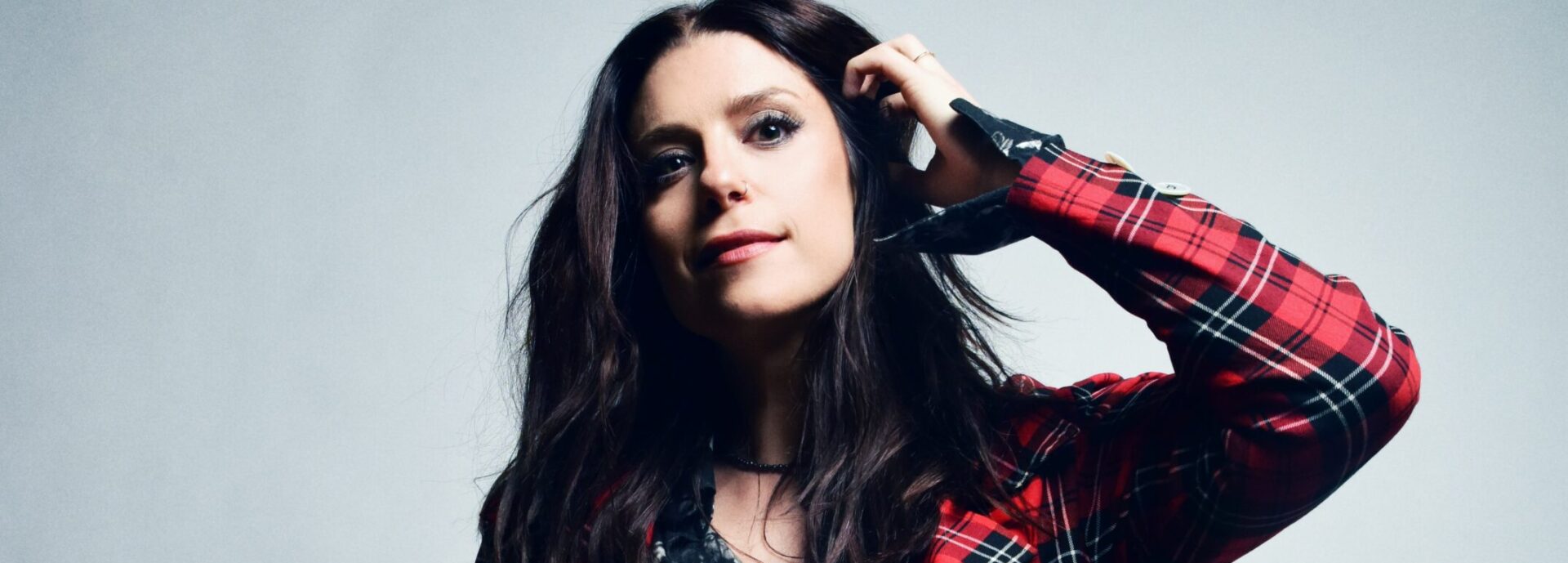
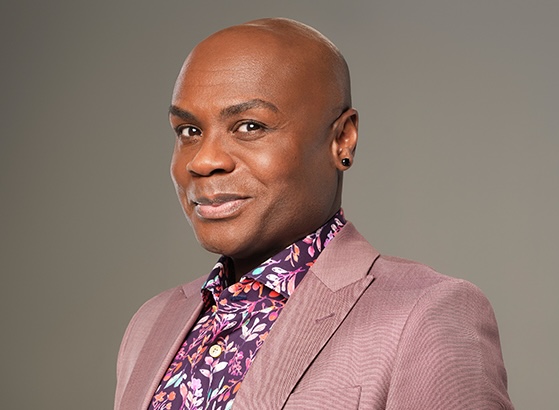















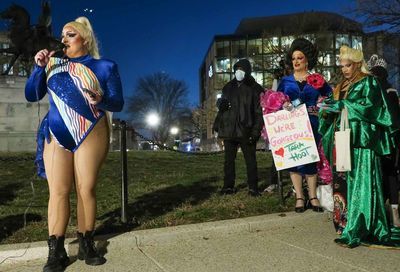
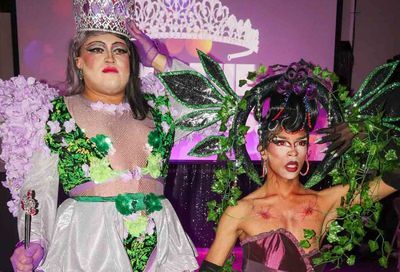
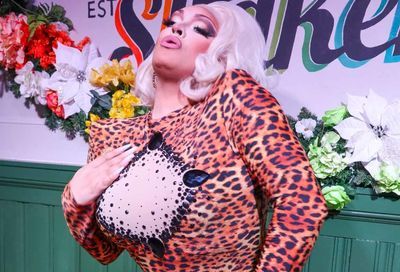
You must be logged in to post a comment.